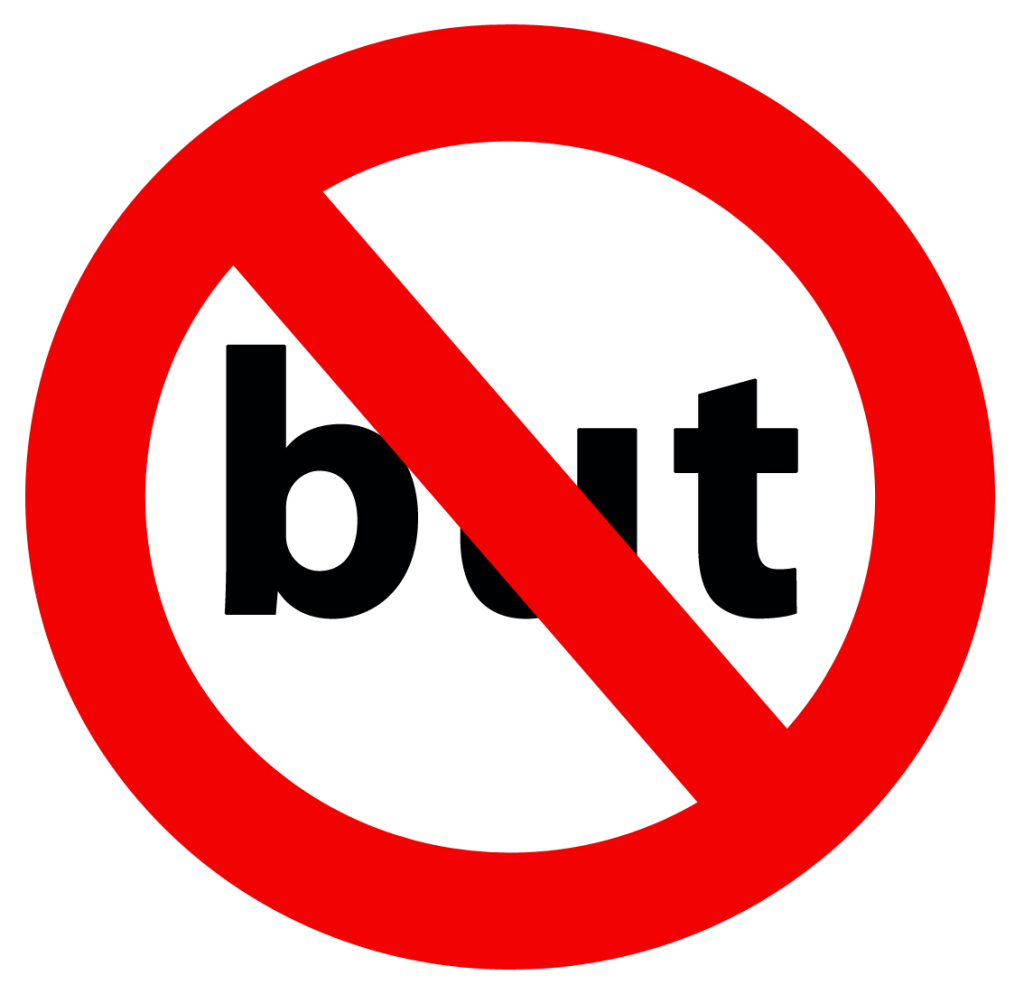 Communication is one of the most complex topics of conversation, as it is a factor in almost every part of business. So, when we discuss communication as it relates to accountability, you will see that how we interact with others vastly changes reactions and outcomes. Being accountable for one’s actions is a tough thing to do as most people don’t want to admit “I messed up”. Unfortunately, sometimes that’s exactly what people need to hear to diffuse the frustration around the mistake.
Communication is one of the most complex topics of conversation, as it is a factor in almost every part of business. So, when we discuss communication as it relates to accountability, you will see that how we interact with others vastly changes reactions and outcomes. Being accountable for one’s actions is a tough thing to do as most people don’t want to admit “I messed up”. Unfortunately, sometimes that’s exactly what people need to hear to diffuse the frustration around the mistake.
Communication is key
It is easy to see how effective communication is required for accountability in both business and personal circumstances. I often listen to my daughter telling my granddaughter, “I expect you to make mistakes, it’s how you handle them after that I care about.” I can’t help but think this has to be a lesson that I taught my daughter as she was growing up. Sometimes a simple “sorry” is enough…sometimes it’s not.
Recently, I had to let go of one of my virtual assistants for this specific reason; lack of accountability. It was still very early on in our relationship, but she had already made a number of mistakes. None were catastrophic, but errors nonetheless. Among them was a change to her pricing I wasn’t made aware of until I was billed, a complete paragraph missing from my newsletter as well as some with graphics missing completely, just to name a few. Again, nothing was catastrophic, but clear slips. When I addressed them with her, the reply I was given was full of excuses and finger-pointing. She had made assumptions about certain things without asking; and had overlooked things she shouldn’t have. Had she taken accountability for her action and not made excuses as to why they happened, her job may have been spared. This begs the question…is there a difference between an excuse and an explanation?
Webster’s defines explanation as “the act or process of making something clear or easy to understand; the act or process of telling, showing or being the reason for or cause of something (such as a statement or fact)”. Okay, so what is an excuse then? Again, Webster’s defines this as “to make apology for or to try to remove blame from”. From these definitions, I am not entirely sure there is a clear difference between making an excuse and explaining the situation. And, to me, accountability is all about taking the responsibility for your actions. This means you can provide an explanation for why things happened, but without paying the finger-pointing game.
You always want to be sure to explain how a mistake was made so that you and your employer, colleague, client, etc., can be sure another error doesn’t happen. That being said, how can you be sure you aren’t coming across as making an excuse? Word choice is imperative in making it clear that you are accepting responsibility for the blooper and will correct the situation post-haste. You should never say something such as, “I know I made a mistake, but…”. Using the word “but” automatically makes people feel like you are excusing away your actions.
Demonstrating accountability
Here’s a suggestion. It is best to diffuse the offended person immediately. That means, apologize for the error. Advise them that you will do whatever it takes to remedy the situation if there is a possible “fix”. Be sure to explain how you got there and ask plenty of questions about how it would be best to handle situations like tis in the future. Making them feel as if you really do care about the job and about finding a solution to the problem. These are the first steps in providing an explanation and being accountable for your actions.
Next, before embarking on any error recovery, you must have a clear plan of attack. After all, you can’t make another blunder at this point. Providing this “plan” to the affected party will help to put them at ease knowing you are working on it. Perhaps you offer to make the changes for free, realizing this was your problem and they shouldn’t have to pay for the job again. Accountability means you must be ready to pay for your mistake; possibly both figuratively and literally.
Being accountable is not bout smacking yourself on the hand and saying “bad boy/girl”. It is, however, about accepting that mistakes happen and making sure that you work hard to not only fix the current one, but prevent future errors from happening. It’s about not making excuses. It is not about making the mistake, but how you handle them after that most people care about. There is a proverb which I’m sure you have heard that says, “to err is human”. Doug Larson says it best: “To err is human; to admit it, superhuman.”





